Does Emailing a Debtor Between 9pm and 8am Violate the FCCPA?
Jimerson Firm
NOVEMBER 20, 2023
The Florida Consumer Collection Practices Act (FCCPA) is a pro-consumer statute. 17) relating to emails for collecting debt. This article seeks to explore whether sending an email to a debtor after 9pm and before 8am violates the FCCPA. 17) prohibits contacting a debtor between the hours of 9pm and 8am.

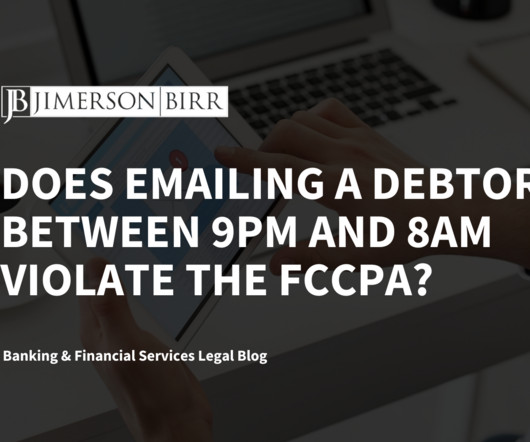
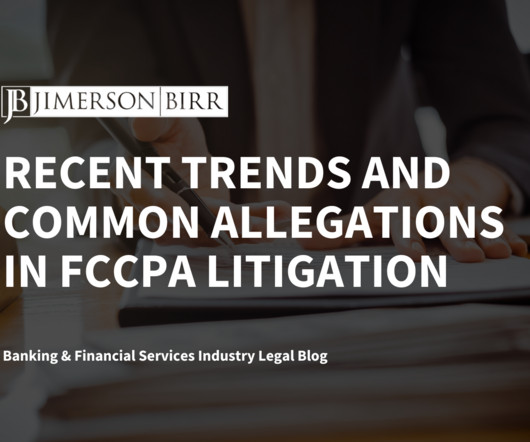
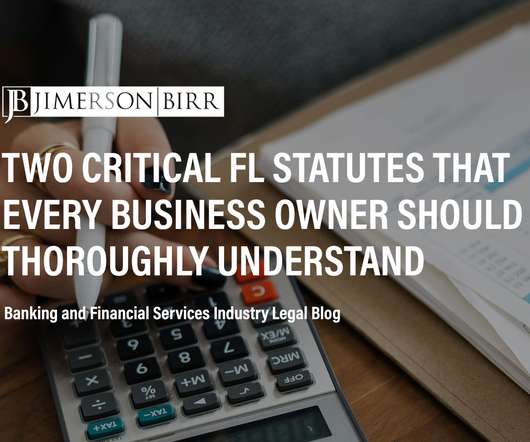





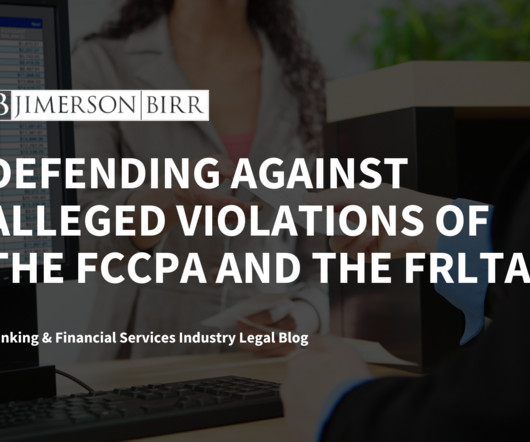

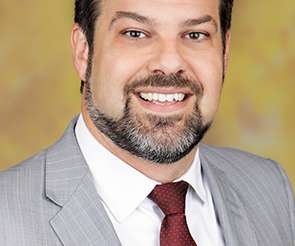










Let's personalize your content